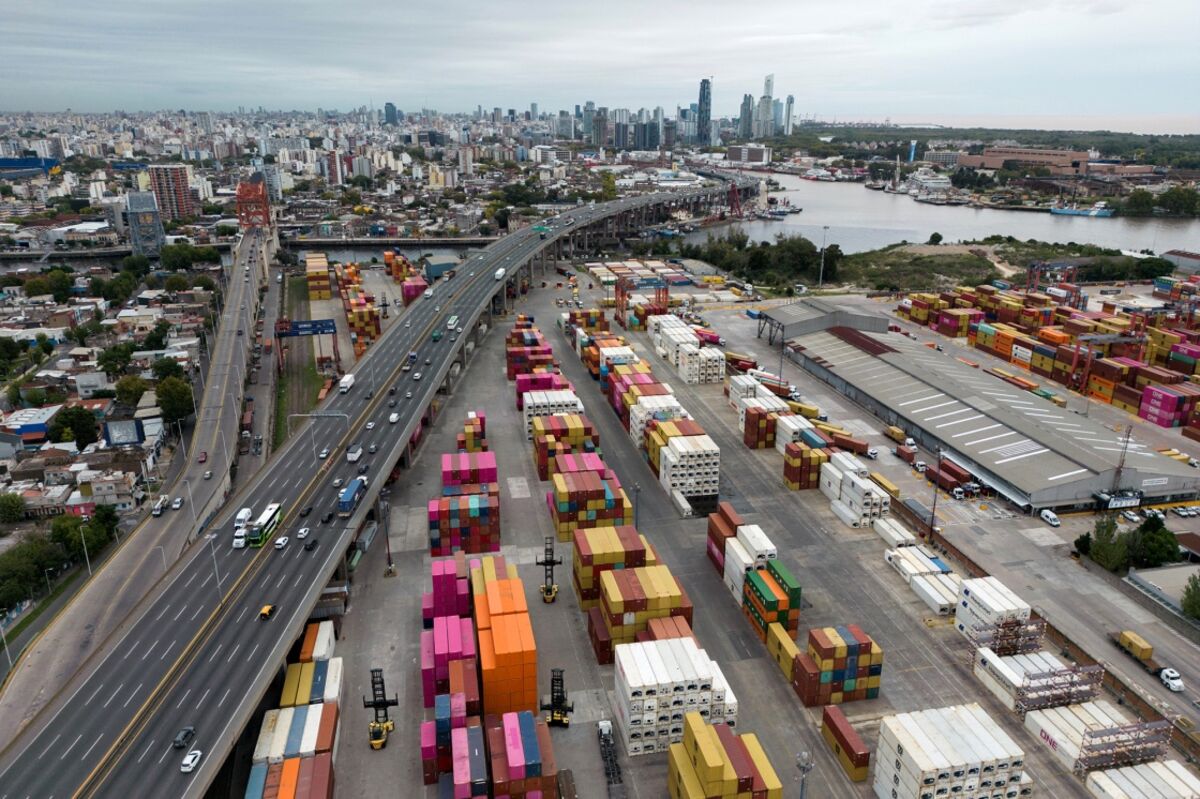Mercosur Expands Tariff Exemptions Amid Trade War
Global trade tensions are escalating, prompting the Mercosur bloc to take action. Facing a challenging international landscape marked by rising protectionism and trade wars, the South American trade bloc, Mercosur, has announced a significant expansion of its tariff exemption program. This move aims to bolster intra-regional trade and mitigate the negative impacts of global trade disruptions.
A Strategic Response to Global Uncertainty
The expansion of tariff exemptions represents a strategic response by Mercosur to the escalating global trade war. With major economies engaging in tit-for-tat tariffs and trade restrictions, the bloc is seeking to strengthen its internal market and reduce its vulnerability to external shocks. This proactive measure underscores the importance of regional cooperation in navigating the complexities of the current international trade environment.
Key aspects of the expanded program include:
- Increased number of exempted products: The list of goods eligible for tariff-free trade within Mercosur has been significantly broadened, encompassing a wider range of industrial and agricultural products. This aims to stimulate trade among member states, Argentina, Brazil, Paraguay, and Uruguay.
- Simplified customs procedures: The bloc has also committed to streamlining customs procedures to facilitate the movement of goods across borders. This reduction in bureaucratic hurdles is expected to reduce costs and improve efficiency for businesses operating within Mercosur.
- Focus on strategic sectors: The expanded exemptions prioritize sectors identified as strategically important for the bloc's economic development, such as manufacturing, agriculture, and energy. This targeted approach aims to foster growth and competitiveness in key industries.
Impact on Member States and Regional Trade
This initiative is anticipated to have a significant positive impact on the economies of Mercosur member states. By reducing trade barriers and promoting intra-regional trade, the expanded tariff exemption program is expected to:
- Boost economic growth: Increased trade flows will stimulate economic activity, creating jobs and fostering overall economic growth within the bloc.
- Enhance competitiveness: By reducing production costs and improving access to regional markets, businesses will be better positioned to compete in both regional and international markets.
- Strengthen regional integration: The move reinforces Mercosur's commitment to regional integration and cooperation, providing a crucial framework for navigating the challenges of a globalized economy.
Challenges and Future Outlook
While the expansion of tariff exemptions offers numerous benefits, Mercosur still faces challenges in fully realizing its potential. These include:
- Non-tariff barriers: While tariffs are being reduced, non-tariff barriers, such as regulatory differences and bureaucratic inefficiencies, continue to pose obstacles to trade. Addressing these issues will be crucial for the program's long-term success.
- Asymmetrical benefits: The benefits of the expanded program may not be equally distributed across member states, potentially leading to tensions and requiring careful management.
- Global trade uncertainty: The volatile nature of the global trade landscape means that Mercosur will need to remain agile and adapt its strategies as needed.
The expansion of tariff exemptions represents a bold step by Mercosur to mitigate the negative consequences of the global trade war. The long-term success of this initiative will depend on the bloc's ability to address existing challenges and maintain a flexible approach to the ever-evolving global trade environment. Further developments and analysis will be crucial to assess the full impact of this significant policy change. Stay tuned for updates on Mercosur's trade policies and their effect on the global market.
Keywords: Mercosur, tariff exemptions, trade war, South America, regional trade, economic growth, global trade, Argentina, Brazil, Paraguay, Uruguay, trade barriers, protectionism, economic integration.

